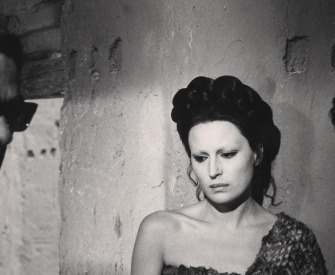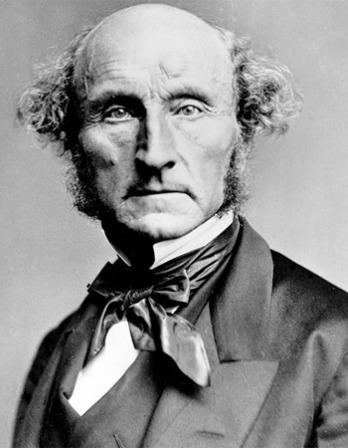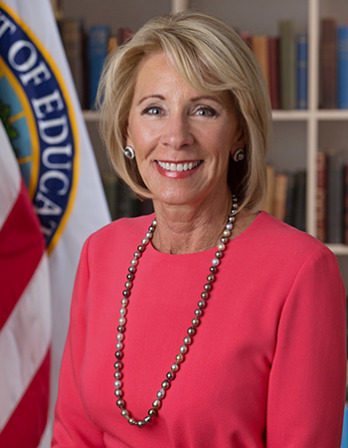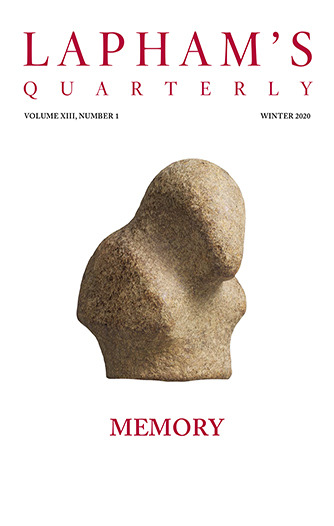This is the origin of monogamy as far as we can trace it back among the most civilized and highly developed people of antiquity. It was not in any way the fruit of individual sex-love, with which it had nothing whatever to do; marriages remained as before marriages of convenience. It was the first form of the family to be based, not on natural, but on economic conditions—on the victory of private property over primitive, natural communal property. The Greeks themselves put the matter quite frankly: the sole exclusive aims of monogamous marriage were to make the man supreme in the family, and to propagate, as the future heirs to his wealth, children indisputably his own. Otherwise, marriage was a burden, a duty which had to be performed, whether one liked it or not, to gods, state, and one’s ancestors. In Athens the law exacted from the man not only marriage but also the performance of a minimum of so-called conjugal duties.
Thus when monogamous marriage first makes its appearance in history, it is not as the reconciliation of man and woman, still less as the highest form of such a reconciliation. Quite the contrary. Monogamous marriage comes on the scene as the subjugation of the one sex by the other; it announces a struggle between the sexes unknown throughout the whole previous prehistoric period. In an old unpublished manuscript, written by Marx and myself in 1846, I find the words: “The first division of labor is that between man and woman for the propagation of children.” And today I can add: the first class opposition that appears in the history coincides with the development of the antagonism between man and woman in monogamous marriage, and the first class oppression coincides with that of the female sex by the male. Monogamous marriage was a great historical step forward; nevertheless, together with slavery and private wealth, it opens the period that has lasted until today in which every step forward is also relatively a step backward, in which prosperity and development for some is won through the misery and frustration of others.
We are now approaching a social revolution in which the economic foundations of monogamy as they have existed hitherto will disappear just as surely as those of its complement—prostitution. Monogamy arose from the concentration of considerable wealth in the hands of a single individual—a man—and from the need to bequeath this wealth to the children of that man and of no other. For this purpose, the monogamy of the woman was required, not that of the man, so this monogamy of the woman did not in any way interfere with open or concealed polygamy on the part of the man. But by transforming by far the greater portion, at any rate, of permanent, heritable wealth—the means of production—into social property, the coming social revolution will reduce to a minimum all this anxiety about bequeathing and inheriting. Having arisen from economic causes, will monogamy then disappear when these causes disappear?
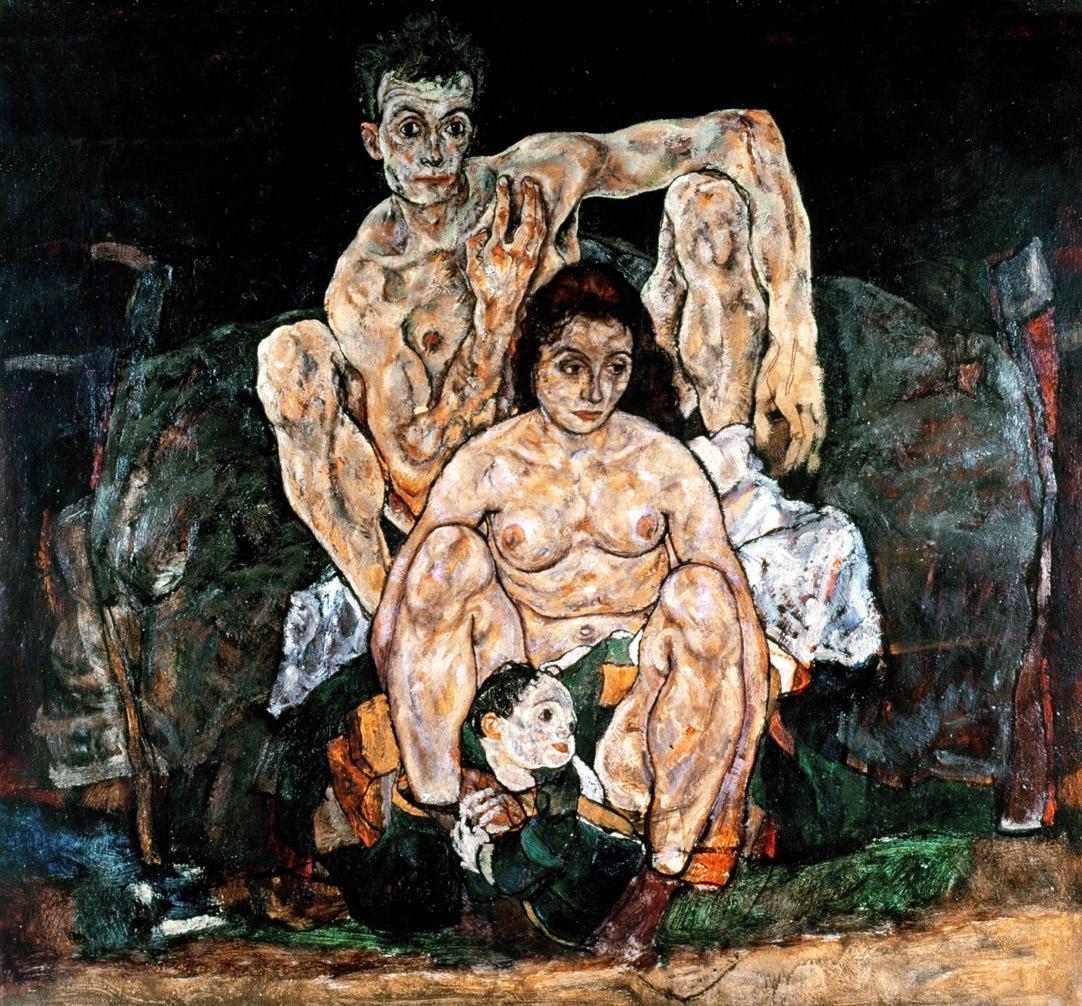
The Family, by Egon Schiele, 1918. Österreichische Galerie Belvedere, Vienna, Austria.
One might answer, not without reason: far from disappearing, it will on the contrary be realized completely. For with the transformation of the means of production into social property there will disappear also wage-labor, the proletariat, and therefore the necessity for a certain—statistically calculable—number of women to surrender themselves for money. Prostitution disappears; monogamy, instead of collapsing, at last becomes a reality—also for men.
In any case, therefore, the position of men will be very much altered. But the position of women, of all women, also undergoes significant change. With the transfer of the means of production into common ownership, the single family ceases to be the economic unit of society. Private housekeeping is transformed into a social industry. The care and education of the children becomes a public affair; society looks after all children alike, whether they are legitimate or not. This removes all the anxiety about the “consequences,” which today is the most essential social—moral as well as economic—factor that prevents a girl from giving herself completely to the man she loves. Will not that suffice to bring about the gradual growth of unconstrained sexual intercourse and with it a more tolerant public opinion in regard to a maiden’s honor and a woman’s shame? And, finally, have we not seen that in the modern world monogamy and prostitution are indeed contradictions, but inseparable contradictions, poles of the same state of society? Can prostitution disappear without dragging monogamy with it into the abyss?
© 1973 by The University of Chicago Press. Used with permission of The University of Chicago Press.
From The Origin of the Family, Private Property, and the State. Born into a wealthy mill-owning family in 1820, Engels was confirmed into a Calvinist church in 1837, marking the occasion with a poem which began, “Lord Jesus Christ, God’s only son/O step down from Thy heavenly throne/And save my soul for me.” Having become a communist in 1842, Engels published The Condition of the Working Class in England in 1844 and coauthored The Communist Manifesto with Karl Marx in 1848.
Back to Issue



